News
-
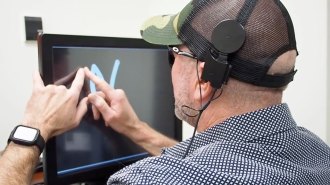 Neuroscience
NeuroscienceBlind people can ‘see’ letters traced directly onto their brains
Arrays of electrodes can trace shapes onto people’s brains, creating bursts of light that people can “see.”
-
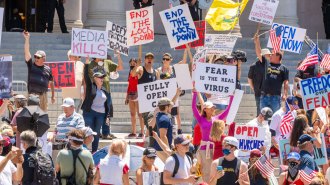 Health & Medicine
Health & MedicineHow fear and anger change our perception of coronavirus risk
Americans are weighing whether to return to society. Behavioral scientist Jennifer Lerner discusses how emotions drive those decisions.
By Sujata Gupta -
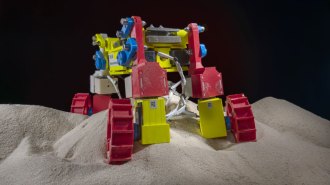 Tech
TechWiggling wheels could keep future rovers trucking in loose lunar soil
A rover that wriggles through soil could climb hills on the moon or Mars that are too steep for a simple wheeled bot.
-
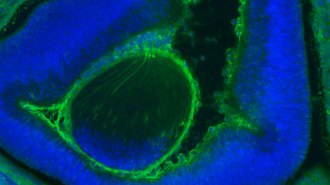 Genetics
GeneticsNew hybrid embryos are the most thorough mixing of humans and mice yet
Human-mice chimeras may usher in a deeper understanding of how cells build bodies.
-
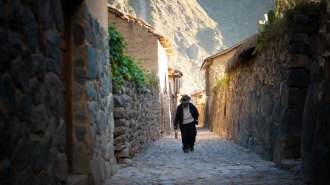 Humans
HumansA gene variant partly explains why Peruvians are among the world’s shortest people
A gene variant reduces some Peruvians’ height by about 2 centimeters, on average, the biggest effect on stature found for a common variation in DNA.
-
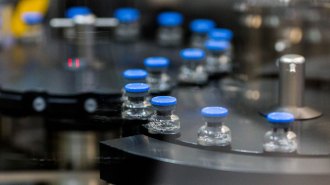 Health & Medicine
Health & MedicineThe new COVID-19 drug remdesivir is here. Now what?
Remdesivir may shorten recovery time for some people, but it isn’t available to everyone and it won’t end the pandemic on its own.
-
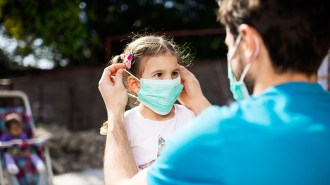 Health & Medicine
Health & MedicineKids can develop severe complications from COVID-19 in rare cases
Respiratory failure has occurred in some infected children and an emerging inflammatory disease may be connected to the coronavirus.
-
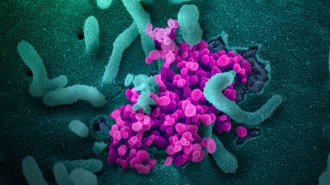 Health & Medicine
Health & MedicineLoss of smell and taste may actually be one of the clearest signs of COVID-19
Data from a symptom tracker smartphone app used by millions of people shows two-thirds of positive patients reported losing these senses.
-
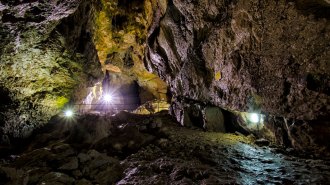 Anthropology
AnthropologyThe earliest known humans in Europe may have been found in a Bulgarian cave
New finds from Bulgaria point to a relatively rapid expansion of Homo sapiens into Eurasia starting as early as 46,000 years ago, two studies suggest.
By Bruce Bower -
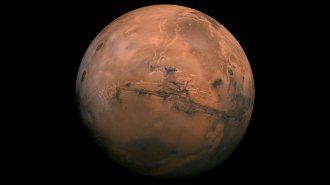 Space
SpaceSalty water might exist on Mars, but it’s probably too cold for life
Salty liquids may last for several hours on the Red Planet but be too chilly for any known microorganisms from Earth to survive, simulations suggest.
-
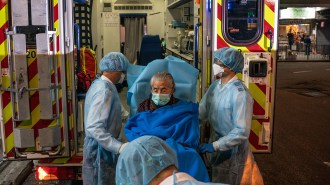 Health & Medicine
Health & MedicineA multiple sclerosis drug may speed COVID-19 recovery
One form of interferon may boost the immune system’s ability to fight the coronavirus early in infections, a small study suggests.
-
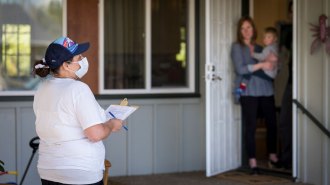 Health & Medicine
Health & MedicineDoor-to-door tests help track COVID-19’s spread in one Oregon town
Surveying neighborhoods directly may give a more accurate view than mail-in tests and other methods, researchers say.